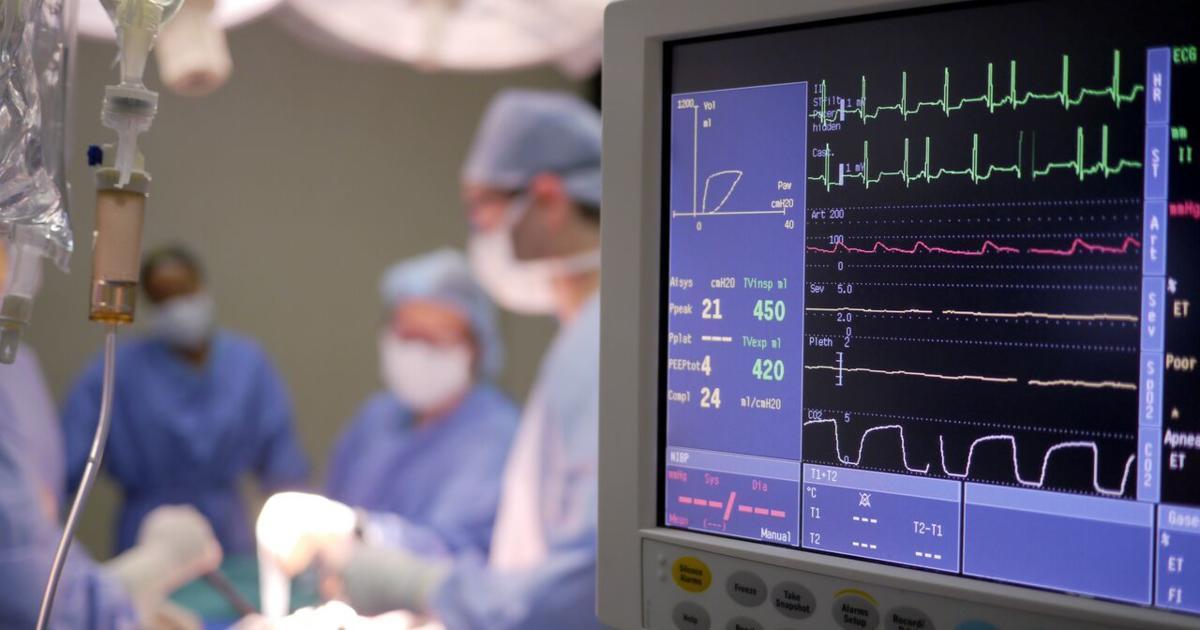Options For Treating Acute Coronary Syndrome
At the most basic level, acute coronary syndrome is defined as the different situations where the heart's blood supply is stopped. Acute coronary syndrome is a medical emergency and anyone experiencing the condition should go to their doctor immediately. The blood flow can be completely blocked or suddenly blocked, eventually causing the tissue around the heart to die. Symptoms include chest pain or discomfort, pain or discomfort in the jaw, neck, feeling lightheaded, feeling sweaty, shortness of breath, and even nausea. It is important to take these symptoms seriously.
Coronary Bypass Surgery

Coronary bypass surgery replaces the damaged tissue and articles to restore the blood supply to the heart. The surgeon will remove blood vessels from other parts of the body to fix the injured arteries. There are several different types of coronary bypass surgery including single bypass, double bypass, triple bypass, and quadruple bypass. Single bypass surgery fixes a single blocked artery, while double fixes two, triple fixes three, and quadruple fixes four blocked arteries. The risk of having other complications like heart failure and a heart attack depend on how many arteries are blocked.
The surgery becomes more complex when the surgeon needs to repair more blocked arteries. The physicians will determine if it is safe for the patient to undergo open-heart surgery prior to beginning the surgery. Medical conditions like kidney disease, diabetes, and peripheral arterial disease can affect whether the patient is a candidate. There are several risks involved in the surgery, including bleeding, blood clots, chest pain, infection, memory loss, and even a heart attack.
ACE Inhibitors

Angiotensin-converting enzyme (ACE) inhibitors are also prescribed to treat heart disease. This type of medication is used to treat many conditions including migraines, scleroderma, and high blood pressure. They function by preventing an enzyme in the body from producing angiotensin, which helps relax the blood vessels. Angiotensin II causes the blood vessels to become narrow while simultaneously releasing hormones into the body that raise blood pressure, causing the heart to function at a higher rate. It is prescribed to prevent or improve symptoms like heart failure, diabetes, coronary artery disease, heart attacks, chronic kidney disease, migraines, and high blood pressure.
There are many side effects users should be aware of including increased potassium levels in the blood, dizziness, fainting, loss of taste, headaches, fatigue, and dry cough. The pills are taken on an empty stomach before meals. It is important for patients to have a physician check their blood pressure and kidneys regularly.
